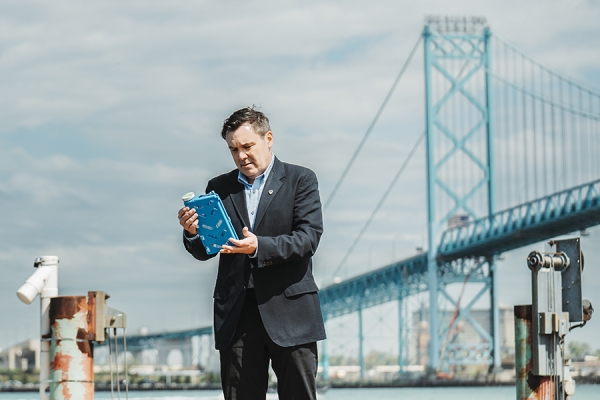 Nadia Harduar, UWindsor’s sustainability officer, is inviting the community to celebrate Earth Day at Malden Park and join the university’s Green Team in a tree planting event along the Ganatchio Trail.
Nadia Harduar, UWindsor’s sustainability officer, is inviting the community to celebrate Earth Day at Malden Park and join the university’s Green Team in a tree planting event along the Ganatchio Trail.
Apr 23rd, 2025
The University of Windsor will be represented at the city’s Earth Day festival, Sunday, April 27, in Malden Park.









